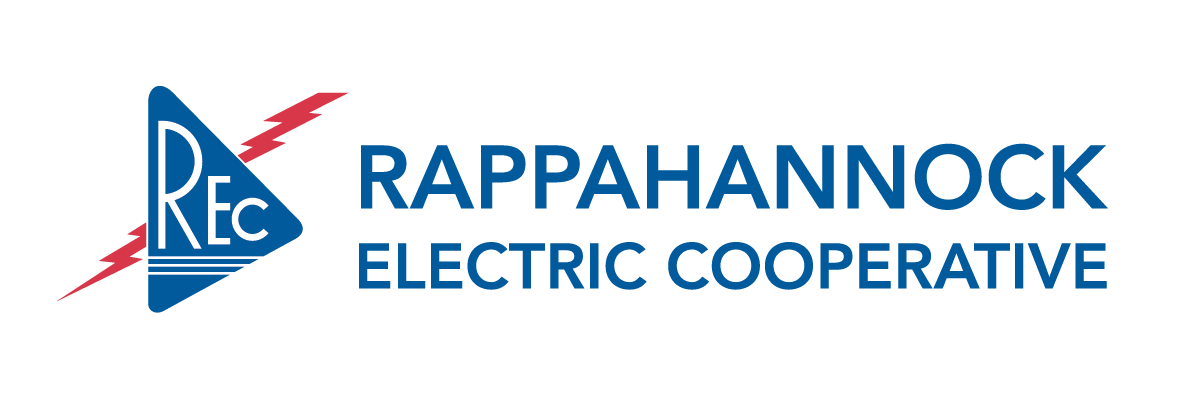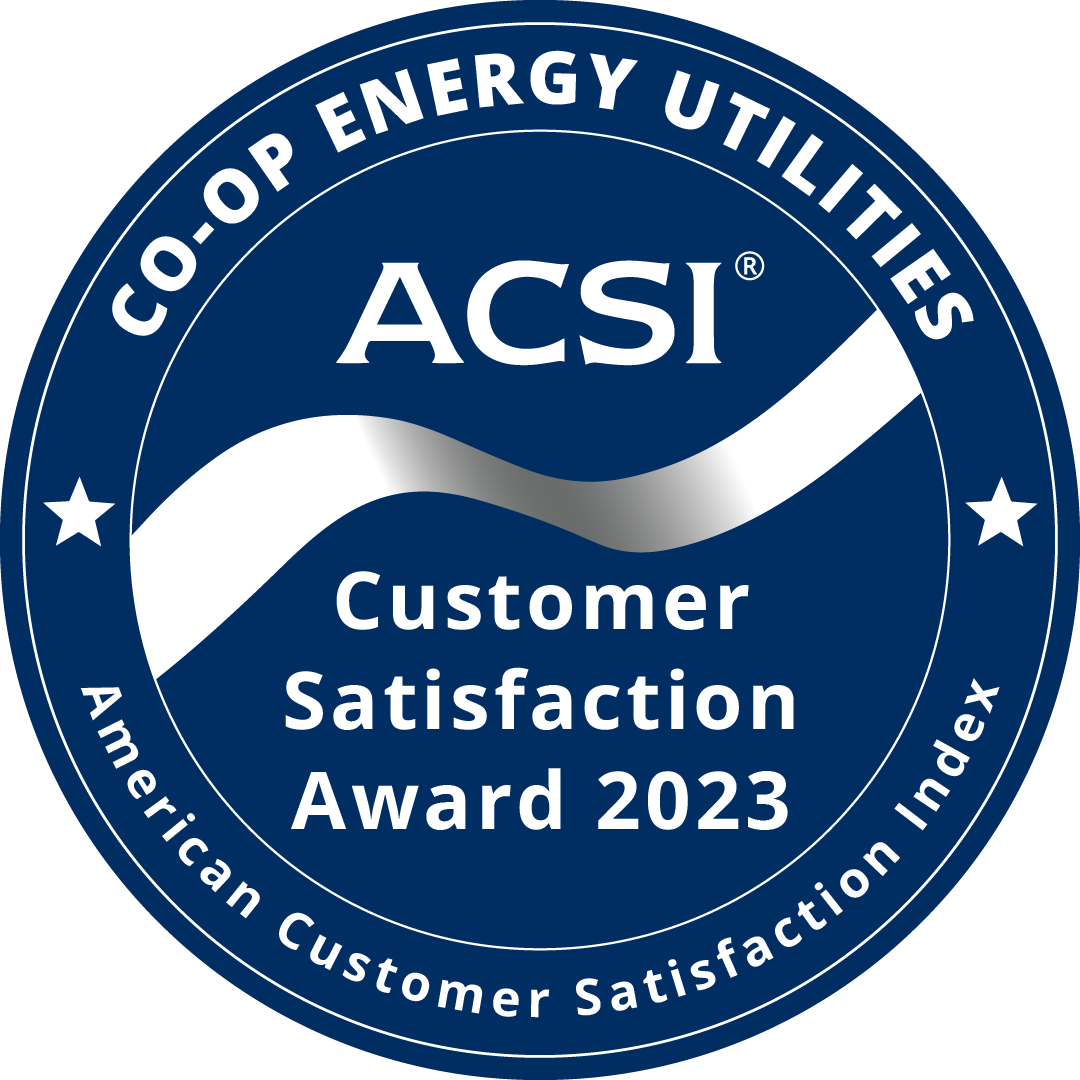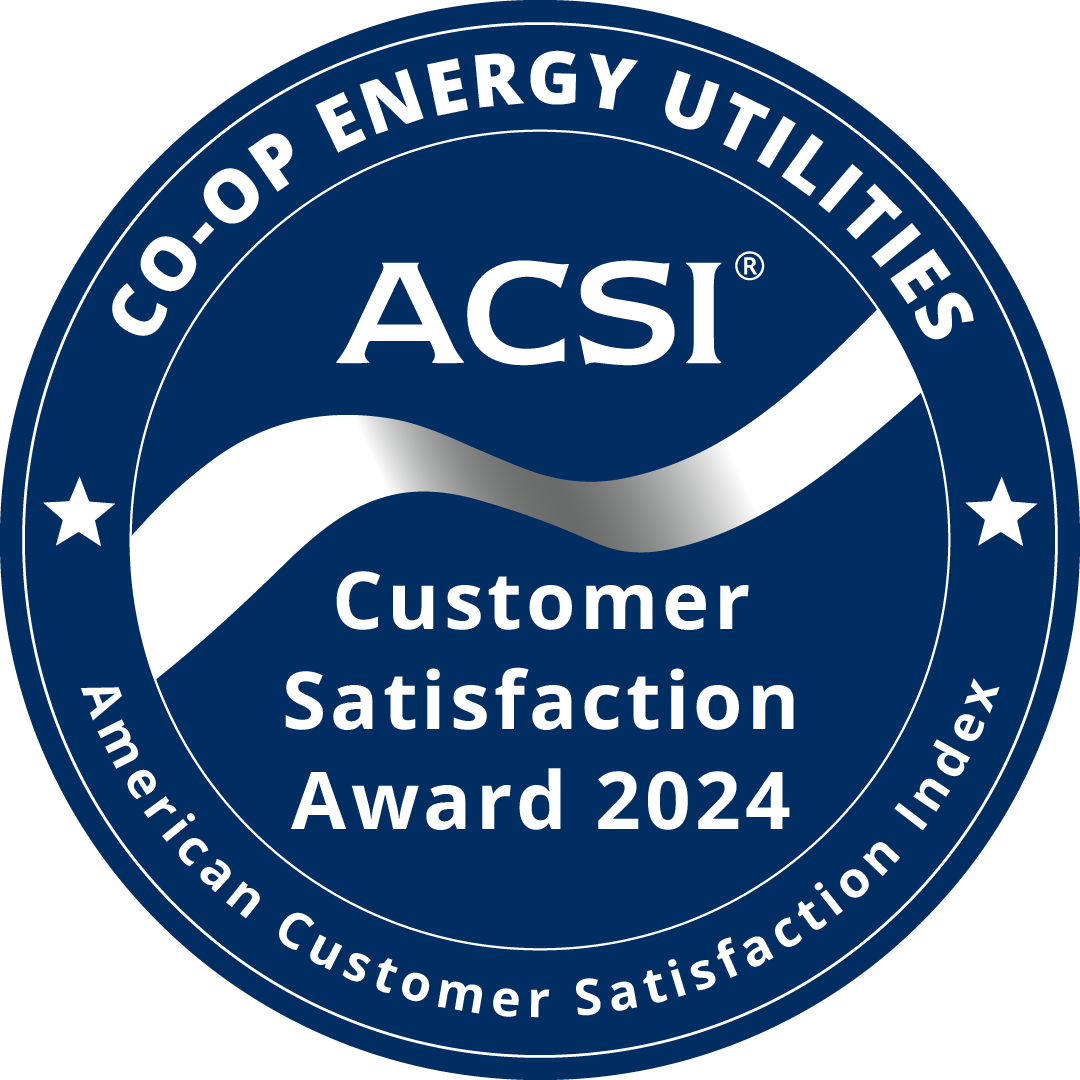Cooperatives are independent, private and not-for-profit organizations owned by the members they serve. REC is guided by a member-elected Board of Directors.
Being an REC member means you are an owner of the company and share in our success.
We work hard every day to keep your rates as low as possible and to ensure your needs are always met. Because we are not-for-profit, when there is money left over after paying all expenses involved in providing safe and reliable electric service, your share of that money is assigned to you in the form of Capital Credits. Our success is your success. As one of more than 900 members of the National Rural Electric Cooperative Association (NRECA), REC is guided by these seven principles:
Membership in a cooperative is open to all people who can reasonably use its services and stand willing to accept the responsibilities of membership, regardless of race, religion, gender, or economic circumstances.
Cooperatives are democratic organizations controlled by their members, who actively participate in setting policies and making decisions. Representatives (Directors) are elected among the membership and are accountable to them.
Members contribute equitably to, and democratically control, the capital of their cooperative. At least part of that capital remains the common property of the cooperative. Members allocate surpluses for any or all of the following purposes: developing the cooperative; setting up reserves; benefiting members in proportion to their transactions with the cooperative; and supporting other activities approved by the membership.
Cooperatives are autonomous, self-help organizations controlled by their members. If they enter into agreements with other organizations, including governments, or raise capital from external sources, they do so on terms that ensure democratic control as well as their unique identity.
Education and training for members, elected representatives (Directors), CEOs, and employees help them effectively contribute to the development of their cooperatives. Communications about the nature and benefits of cooperatives, particularly with the general public and opinion leaders, help boost cooperative understanding.
By working together through local, national, regional and international structures, cooperatives improve services, bolster local economies, and deal more effectively with social and community needs.
Cooperatives work for the sustainable development of their communities through policies supported by the membership.
Cooperatives around the world operate according to the same set of core principles and values, adopted by the International Co-operative Alliance. These principles are a key reason that America’s electric cooperatives operate differently from other electric utilities, putting the needs of their members first.
Watch this video to learn more about the cooperative business model:


